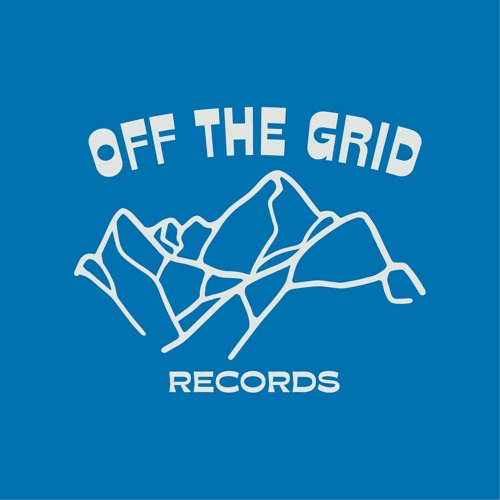
This week, John Summit revealed on Twitter that he is being sued by a promoter for the trademark to his label name, Off The Grid.
getting sued for trademark over my ‘off the grid’ label name by a small promoter even tho it’s a common phrase and i built up this brand 100% myself.. fucking sucks when ppl want to screw u over but it’s looking like i’m gonna need to rebrand guys :/
— John Summit (@johnsummit) July 18, 2023
Chicago native Summit is a House and Techno DJ and producer and one of the most promising emerging talents in the EDM world. He has his own label called Off The Grid Records—a House, Tech-House, and Techno music label, and he also hosts a radio show called Off The Grid Radio.
At the same time, there’s a promoter who runs a True Dance Music event in California called Off The Grid Campout. He claims that they had been using the name Off The Grid since 2018. However, Summit argues that he had been using the name for his label since 2020, and that he had filed for a trademark on the name in April 2022.
Summit said he is being sued for millions over the Off The Grid name and that the value of his brand comes from the people — his team and the community. He added, “in the end the name means nothing, the people is what matters and we ain’t goin nowhere“.
He also shared the Instagram account of the California festival. Said account is now private.
Legal Matters
The lawsuit is ongoing, and it is unclear who will ultimately win. However, the case has raised some interesting questions about trademark law, particularly as it relates to common phrases. The phrase “Off The Grid” is not a unique or original term, and it is used in a variety of contexts. However, Summit argues that he has built up a significant brand around the name, and that he should be able to protect it.
The outcome of this case could have implications for other artists and businesses who use common phrases in their branding. If the court does rule in Summit’s favor, it could set a precedent that would make it more difficult for other businesses to trademark common phrases. It will likely be followed closely by other artists and businesses who might be in hot waters — and didn’t know until very recently.






